Column: Yes, I’m ‘Into the Environment’
Photo credit: Abigale Lischak
Students gather in front of Los Angeles City Hall in protest climate change. The Climate Strike took place on Sept. 20.
‘“Oh, so you’re into the environment.” This is a frequent response I receive when I tell people that I’m vegetarian for sustainability reasons, that I bring my own produce bags to the farmers market and that I want to pursue environmental studies in college. I respond with a short “yeah” and some friendly laughter. Yet I’m always left feeling confused and annoyed.
I think, “Yeah, I am into the environment. I’m not into seeing millions of people displaced in the next twenty years. I am into being able to breathe clean air. And yes, I am into having the opportunity to die of old age, not climate change.”
I think you should be “into the environment” too.
In October 2018 the Intergovernmental Panel on Climate Change (IPCC) released a report warning that by the year 2030, all damage done to the environment thus far would be irreversible.
The effects of climate change are already evident. As Californians, we have witnessed devastating fires in recent years. Last November, members of our own community were hurt by the Woolsey Fire. Fires have affected our air quality and our ability to attend school and feel safe in our homes. Throughout the world, floods, hurricanes, storms and other natural disasters are worsening. The IPCC report claims these disasters will only increase in the coming years and that there is an increased likelihood of food shortages for hundreds of millions of people.
Until recently, I felt extremely frustrated about the lack of widespread activism for climate change. I was frustrated that the Women’s Marches seemed to evolve almost overnight, yet natural disasters didn’t evoke the same level of response. How could people fight so hard for the protection of rights that may be threatened, but not fight at all for our home that is being threatened and has been for years?
The advocacy I saw missing appeared this month with the widely participated-in Sept. 20 Climate Strike. I helped bring Archer students to the event and attended with my peers. I cried as I stood among fellow students demanding change because people were finally shouting. When I saw girls in younger grades holding up posters made from old food boxes, I was the proudest I have ever been to be an Archer student. However, while it’s a start, shouting on one day and posting pictures posing with signs on Instagram is not enough. The conversation needs to continue, paired with action.
The biggest changes should come from government regulations on fossil fuels and energy sourcing, but individuals have the capability to create change too. We are all guilty of saying things like, “one person is not going to make an impact” or “change needs to come from the top;” however, if we are not willing to make changes in our daily lives, we cannot expect our government to.
I’m hopeful people can continue what climate strikes have begun. There is no time for people to forget the issue and move on. Action is not and should not be limited to strikes: we can reduce our footprint by decreasing plastic usage, meat and dairy consumption, in addition to using eco-friendly transportation.
I have become invested in the fight against climate change not because I want to. For me, fighting for the future is an obligation. This is not a political fight, and I do not claim to be a political activist. I believe the climate crisis to be the single biggest threat to human rights — it’s a bipartisan issue.
As dramatic as it sounds, if you would like the opportunity to die from old age, you should be “into the environment” and take steps to protect it.

Abigale Liscak joined the Oracle in 2019 as a columnist writing about sustainability. She has worked as Copy Editor for the Yearbook since 2019. In school,...



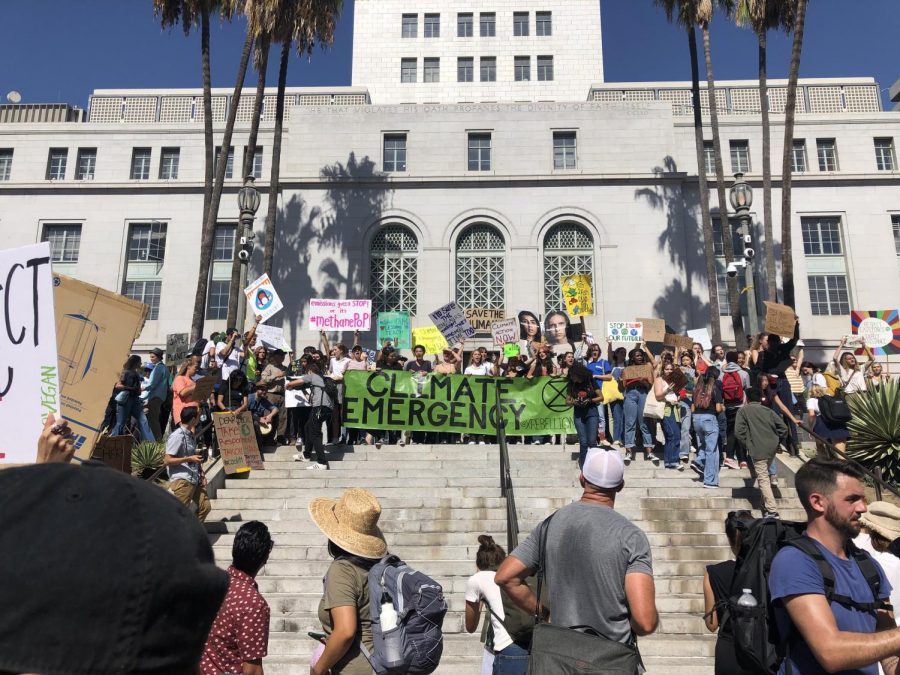
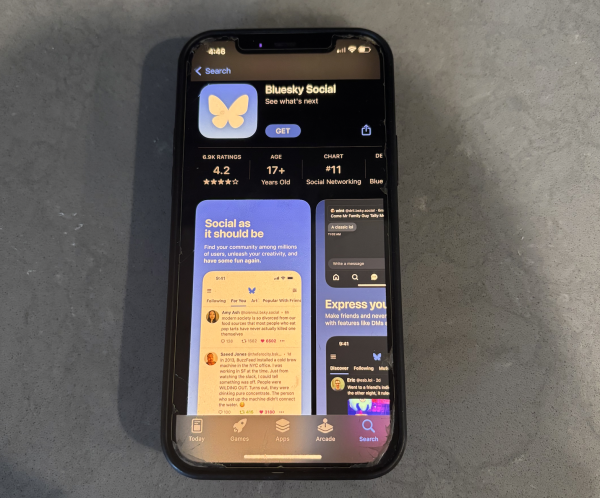


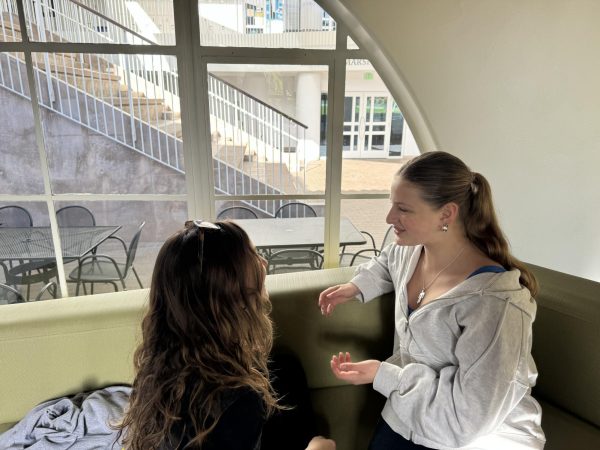

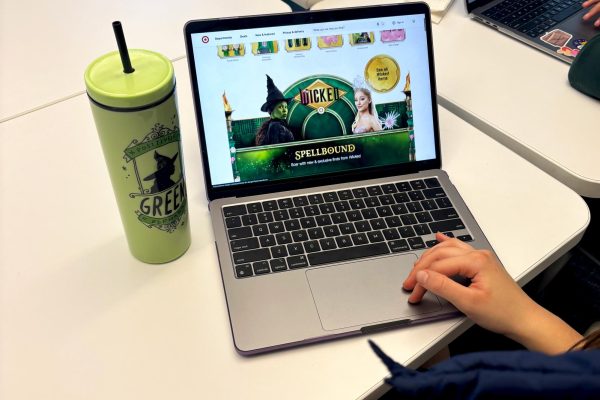
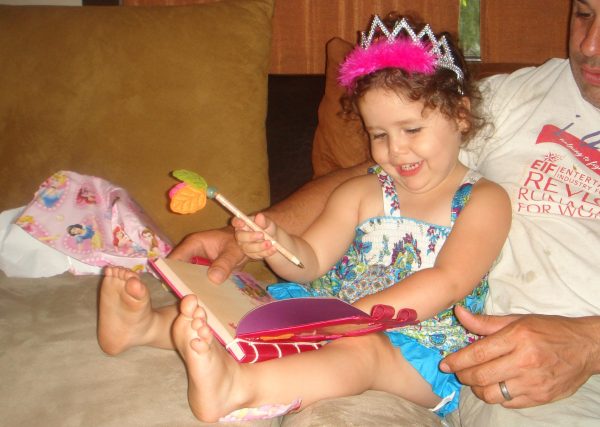
Ms. Coughlan • Oct 7, 2019 at 8:34 am
Awesome article, Abigale! I am going to share this with friends and family. Thanks for helping to ignite this spark at Archer!
Drew Kretchmer • Oct 6, 2019 at 11:14 pm
So proud of you!! Your passion is so inspiring
Sophie Larbalestier • Oct 6, 2019 at 10:45 pm
So well written Abigale!!! I love how passionate you are about this because it truly inspires me to change my own ways! Thank you, seriously.